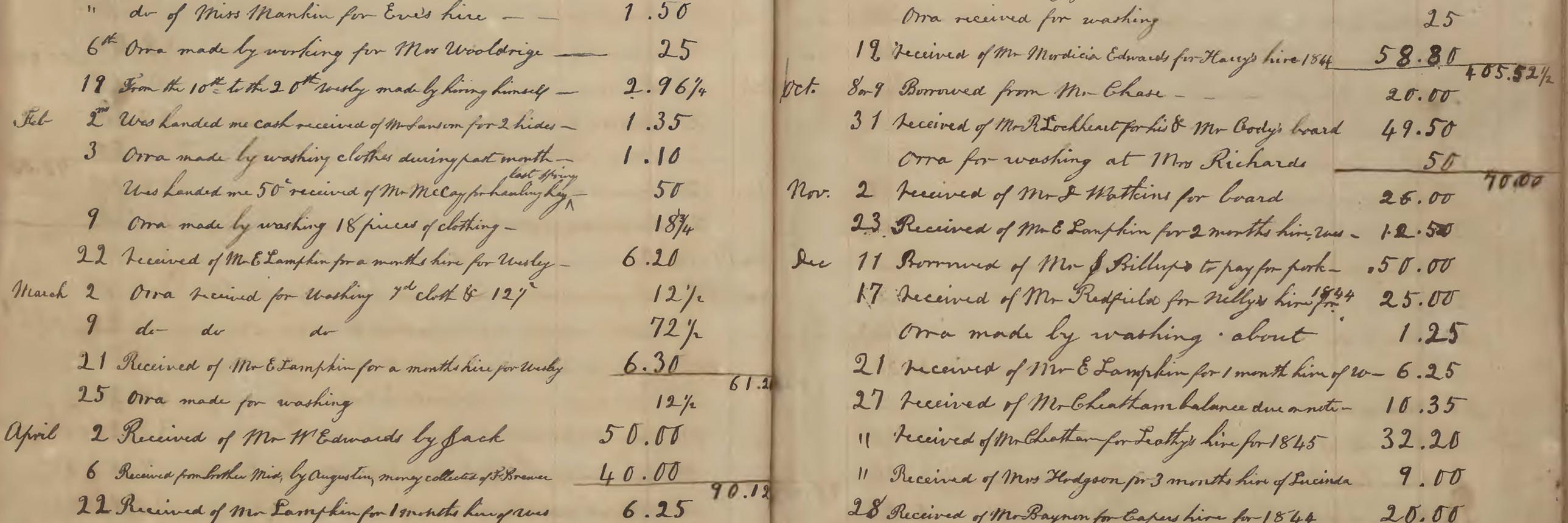Research Initiatives
Faculty at the University of Georgia Department of History are nationally recognized experts in the history of slavery, history of the American South, public history, and the history of memory. Among the department’s faculty with expertise touching on the histories of slavery and African American life in the South, topics essential for understanding both the University’s history and the Baldwin Hall site are:
* Stephen Berry, Gregory Professor of the Civil War Era and Secretary-Treasurer of the Southern Historical Association.
* Cindy Hahamovitch, B. Phinizy Spalding Distinguished Professor of Southern History.
* Chana Kai Lee, Associate Professor of History and author of the prize-winning For Freedom’s Sake: The Life of Fannie Lou Hamer.
* Diane Batts Morrow, Associate Professor of History and author of Persons Of Color And Religious At The Same Time: The Oblate Sisters Of Providence, 1826-1860.
* Scott Nelson, Athletic Association Professor in the Humanities and winner of the Guggenheim Fellowship.
* Scott Nesbit, Assistant Professor of Digital Humanities in the College of Environment and Design and co-director of “Visualizing Emancipation.”
* Robert Pratt, Professor of History and author of We Shall Not Be Moved: The Desegregation of the University of Georgia
* Akela Reason, Associate Professor of History, Director of the Certificate in Museum Studies, and author of Thomas Eakins And The Uses Of History.
* Daniel Rood, Associate Professor of History and author of The Reinvention Of Atlantic Slavery: Technology, Labor, Race, And Capitalism In The Greater Caribbean.
The Department’s current work on slavery and the university builds on decades of research from historians both inside and outside of the University of Georgia. In particular, we have taken cues from the work of Michael Thurmond, John Inscoe (emeritus) the late Al Hester, and the late Tom Dyer.
Slavery
In addition to teaching courses devoted to slavery in the South and the world and related scholarship, the History Department is committed to contributing to understanding the history of slavery and its legacy on campus and in the Athens community. Some of this work will continue to appear in peer-reviewed scholarly journals and in volumes published by respected university presses. Other interventions are planned to appear online, in order to potentially reach wider audiences. Faculty and graduate students are actively engaged in researching and writing on the following topics, among others: race and the memorial landscape at the University of Georgia; the history of black-owned farms in Clarke County; enslaved labor in Georgia and the funding of UGA; and a history of Baldwin Hall and the surrounding controversy. While much of this work is ongoing, brief histories of the university presidents and their relationship to slavery, enslaved labor at the university, and the Baldwin Hall controversy are published here.
Faculty of the Department of History looks forward to participating in any future university initiatives to study the intertwined histories of slavery and this institution.
Legacies
While slavery may have formally ended with Emancipation, Klan violence, debt peonage, chain gangs, segregation, lynching, and disfranchisement continued to relegate the South’s African American population to many more years of “slavery by another name,” and even today, the heirs to these practices—the prison-industrial complex, redlining, resegregation, gerrymandering, and voter suppression—leave unfulfilled the promises of the Thirteenth, Fourteenth, and Fifteenth Amendments.
The Department sponsors public projects and programs devoted to documenting and understanding these racial heirs to the slave system in Athens. In addition, the Department helps sponsor the Michael Thurmond lecture and Black History Month events, including an annual reading group as well as a walking tour based on its “Black History on Campus” database.


